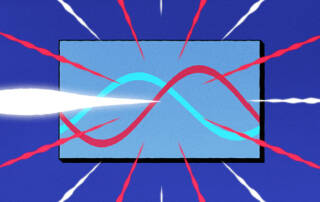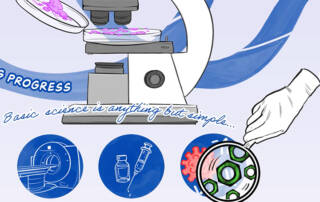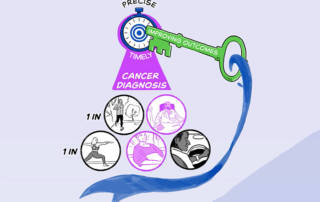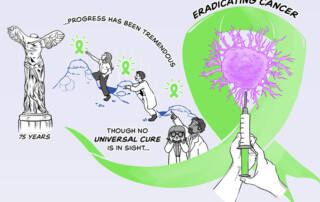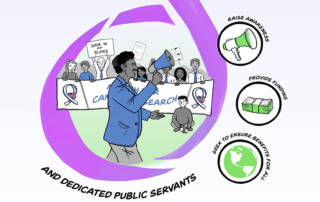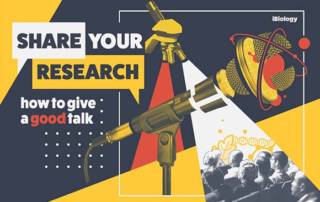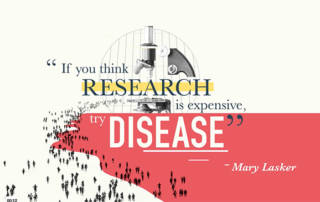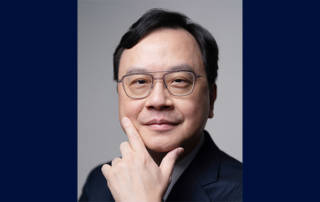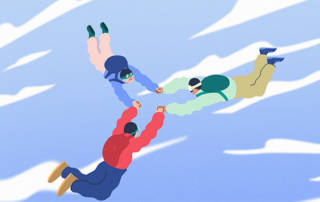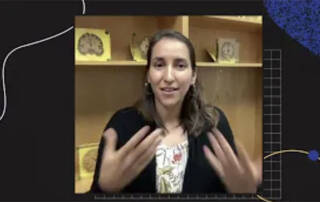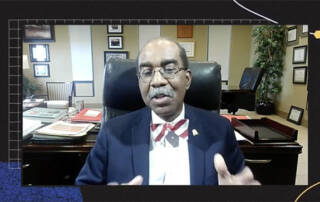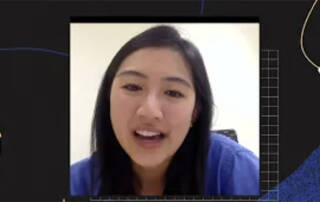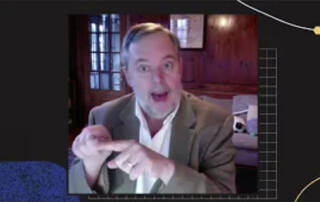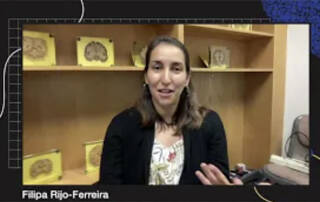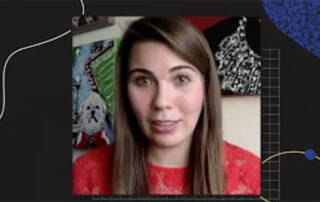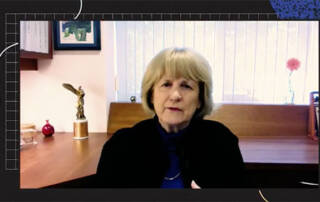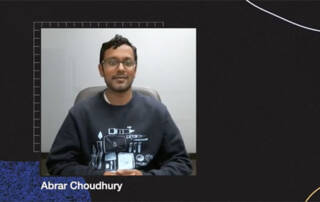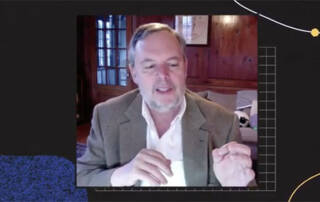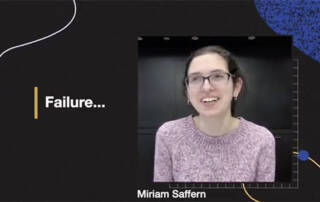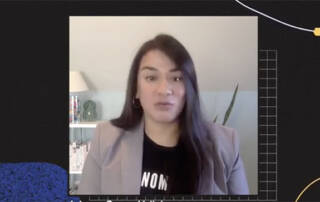Select a Date
The 2023 Lasker Award Videos
SEPT. 21, 2023
Watch a series of video shorts about the 2023 Lasker Laureates and their work.
Celebrating the Fight Against Cancer: Basic Research
JUN. 12, 2023
Breakthroughs in cancer are only possible because of fundamental insights into biological principles. Watch the video.
Celebrating the Fight Against Cancer: Screening and Diagnosis
JUN. 12, 2023
Advances in screening and diagnostic techniques allow earlier detection of cancer and timely initiation of treatment. Watch the video.
Celebrating the Fight Against Cancer: Therapies
JUN. 12, 2023
Clinical research has revolutionized cancer therapies, including targeted and molecular treatments. Watch the video.
Celebrating the Fight Against Cancer: Public Service
JUN. 12, 2023
Public servants and advocates help ensure that the benefits of cancer research are available to all. Watch the video.
2022 Share Your Research Series: Watch the Videos
MAR. 7, 2023
The Lasker Foundation is proud to sponsor the annual Share Your Research competition with iBiology and the Rita Allen Foundation. Watch the winners' videos.
Celebrating our 75th Anniversary
JANUARY 3, 2023
Dennis Lo: Circulating DNA as a Window into Our Health
OCT. 31, 2022
Dennis Lo discusses how circulating DNA allows valuable healthcare information to be obtained non-invasively and safely.
The 2022 Lasker Award Videos
SEPT. 28, 2022
Watch a series of video shorts about the 2022 Lasker Laureates and their work.
Ask a Scientist: When our understanding changes, does that mean the science was wrong?
SEPT 27, 2022
Several scientists explain how and why our understanding of a scientific topic can change.
Ask a Scientist: Albert Reece on giving back
SEPT 27, 2022
Albert Reece, maternal fetal medicine specialist and Executive Vice President and Dean of the University of Maryland School of Medicine, shares the many ways in which he contributes to his community.
Ask a Scientist: What do you predict will be the next “big thing”?
SEPT 26, 2022
What do researchers think will be the next breakthrough? We hear from several scientists at different career stages.
Ask a Scientist: Stephen Elledge on laying the groundwork for others
SEPT 28, 2022
Lasker Laureate Stephen Elledge discusses how he built on the findings of Evelyn Witkin and expresses joy in seeing others carrying his work further.
Ask a Scientist: How important is it to have role models?
SEPT 28, 2022
Scientists share the importance of role models in choosing their paths.
Ask a Scientist: What makes a memorable day in science?
SEPT 28, 2022
Scientists at all career stages—PhD candidates, post-doctoral fellows, and professors—gave the same answer. Find out what makes a memorable day in science!
Ask a Scientist: Mary-Claire King on using genetics as a tool to improve lives
SEPT 28, 2022
Lasker Laureate Mary-Claire King shares why she is passionate about genetics and how she uses it to solve problems and benefit people.
Ask a Scientist: What is the difference between basic and applied science?
SEPT 28, 2022
How do fundamental discoveries lead to breakthrough applications? Several scientists discuss the importance of both basic and applied science.
Ask a Scientist: Stephen Elledge on serendipity in science
SEPT 28, 2022
Lasker Laureate Stephen Elledge tells the story of one of his graduate school successes.
Ask a Scientist: Failure–What makes it all worthwhile?
SEPT 28, 2022
Scientists often talk about the recurring failure they face in their research. Why do they keep going?
Ask a Scientist: What motivated you to become a scientist?
SEPT 23, 2022
Some scientists say that they always wanted to be a scientist, but many arrived in science for other reasons. Some of their answers will surprise you!
